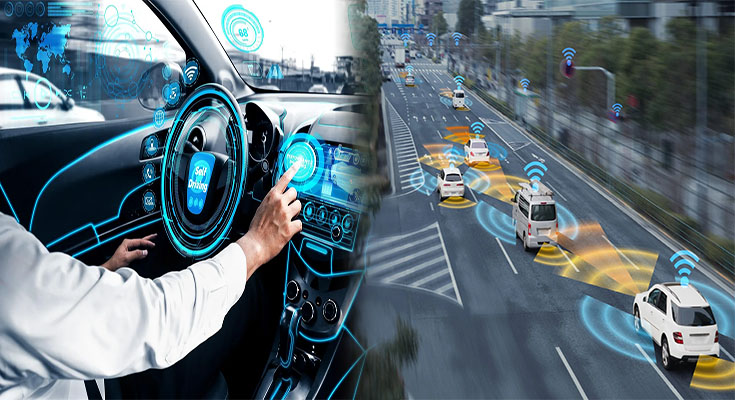In recent years, there have been significant advancements in autonomous car technology, pushing the boundaries of innovation and opening up new possibilities for the future of transportation. From improved sensing systems to enhanced artificial intelligence, here’s a look at some of the most recent developments in autonomous car technology.
Enhanced Sensing Systems
One of the key components of autonomous driving is the ability of vehicles to sense and interpret their surroundings. Recent developments in LIDAR, radar, and camera systems have led to improved accuracy and range, allowing autonomous cars to better detect and navigate complex environments. For example, high-definition mapping combined with advanced sensing technologies has enabled vehicles to recognize and respond to pedestrians, cyclists, and other unexpected obstacles on the road.
Artificial Intelligence and Machine Learning
The advancement of artificial intelligence (AI) and machine learning has played a crucial role in the evolution of autonomous car technology. Deep learning algorithms are being utilized to analyze vast amounts of data collected from sensors, enabling vehicles to make real-time decisions and adapt to changing scenarios. This has led to increased reliability and safety, as autonomous cars can now learn from experience and continuously improve their driving capabilities.
Connectivity and Communication
The integration of vehicle-to-everything (V2X) communication systems has emerged as a key development in autonomous car technology. By allowing vehicles to communicate with each other and with surrounding infrastructure such as traffic lights and road signs, V2X technology enhances situational awareness and enables coordinated driving behaviors. This connectivity also paves the way for smoother traffic flow and enhanced safety through the exchange of critical information among vehicles and the transportation ecosystem.
Regulatory and Ethical Considerations
As autonomous car technology continues to advance, the need for clear regulatory frameworks and ethical guidelines becomes increasingly important. Recent developments in this area include ongoing discussions and collaborations between industry stakeholders, policymakers, and regulatory bodies to establish standardized safety protocols and ethical considerations for autonomous vehicles. Addressing issues such as liability, privacy, and ethical decision-making algorithms is crucial to ensure the responsible deployment and operation of autonomous cars.
The Future Outlook
Looking ahead, the most recent developments in autonomous car technology paint a promising picture for the future of mobility. As the industry continues to innovate and refine autonomous systems, we can expect to see further improvements in safety, efficiency, and accessibility. From urban transportation to long-haul logistics, the potential applications of autonomous car technology are vast, and ongoing research and development efforts are shaping a future where self-driving vehicles play a vital role in transforming the way we move and interact with our environment.
The most recent developments in autonomous car technology are driving a paradigm shift in the automotive industry and shaping a future where vehicles are not just modes of transportation, but intelligent, connected entities capable of redefining mobility as we know it. With continued advancements in sensing, AI, connectivity, and regulatory considerations, the path towards a world with mainstream autonomous vehicles is becoming increasingly tangible.

